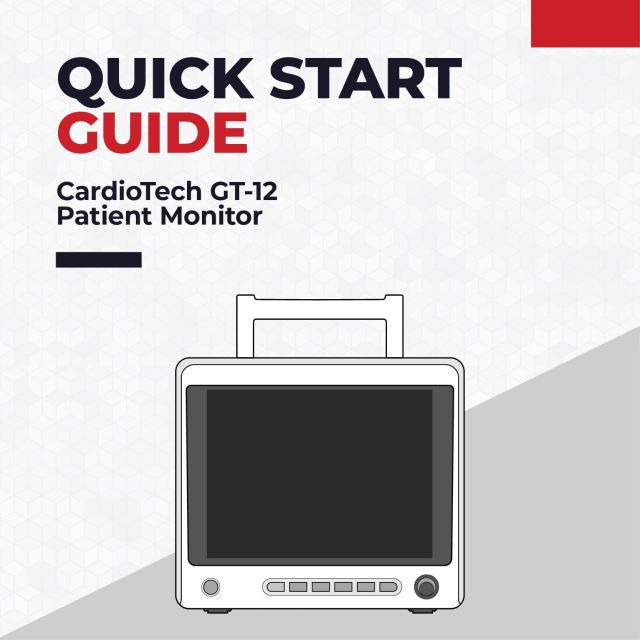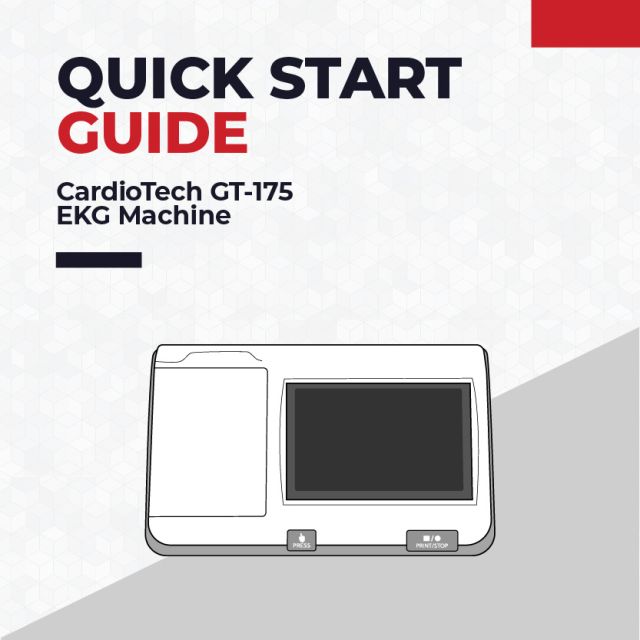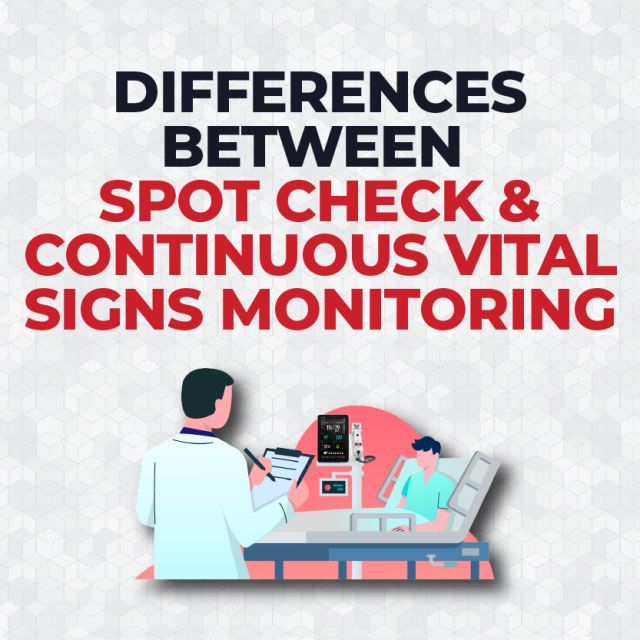Maintaining a Healthy Heart: 7 Steps

Heart Health: Did You Know?
Maintaining a healthy heart can be challenging. in fact, according to the American Heart Association, 121.5 million Americans have CVD (cardiovascular disease). Heart disease is currently the leading cause of death in the United States for both men and women. Understanding how to protect your heart and stay healthy is the key to risk awareness.
7 Steps to Maintaining a Healthy Heart
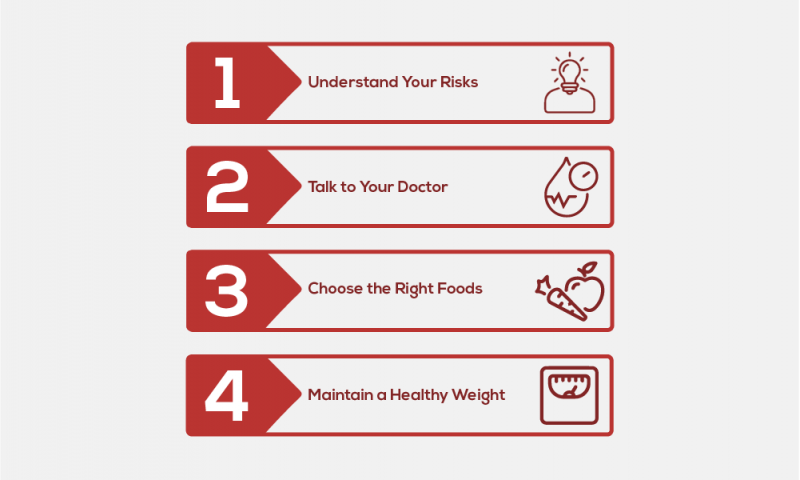
Understand Your Risks
Understanding your risks is the first step in maintaining a healthy heart. Risks depend on both changeable and non-changeable factors. Changeable factors include high blood pressure, high blood cholesterol, being overweight, being prediabetic or diabetic, being a smoker, not getting enough regular physical activity, and having bad eating habits. Non-changeable factors would be things such as age, sex, and family history of early heart disease or genetics.
Talk to Your Doctor
It is also important to get your blood pressure and blood cholesterol checked by your doctor. If either of these numbers is too high, it is then important to team up with your doctor and come up with a plan to get back to a healthy range. For adults, it is important to get your blood pressure checked at least once a year. If your blood pressure rises and stays high, over time, it can damage your heart and blood vessels. High blood cholesterol is impacted by factors such as age, sex, eating patterns, and physical activity.
Choose the Right Foods
Choosing heart-healthy foods is another key component to maintaining a healthy heart. With that said, it is important to understand which foods you should eat and which you should avoid. Foods such as vegetables, fruits, whole grains, fat-free or low-fat dairy, protein-rich foods, nuts, and seeds are beneficial to your heart. Limiting foods with sodium, saturated fats, trans fats, added sugar, and alcohol will also improve the health of your heart. If you have trouble understanding what ingredients are in the food you are eating, check the nutrition label for more specific information.
Maintain a Healthy Weight
Aiming for a healthy weight will also contribute to having a healthy heart. A healthy body mass index (BMI) is typically between 18.5 and 24.9. The more body fat you have, the higher your chances are for heart disease, high blood pressure, type 2 diabetes, breathing problems, and particular cancers. If you are diagnosed by your doctor as obese or overweight, it is essential to create a specific plan on how to lose weight.
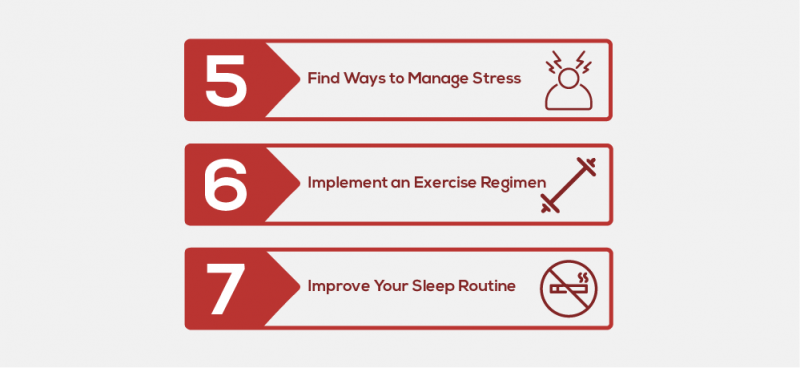
Find Ways to Manage Stress
Managing your stress is more prominent than you’d think when attempting to maintain a healthy heart. Having a lot of stress built up can lead to high blood pressure and other heart disease risk factors. However, there are some stress-relieving activities that can help you or someone you know reduce their stress levels. These include talking to a professional counselor, stress management programs, meditation, being physically active, relaxation techniques, and talking with support systems such as friends and families.
Implement an Exercise Regimen
Working out regularly will benefit you more than you realize in the long run. By losing excess weight and improving your physical fitness, you’re able to lower your heart disease risk factors, amount of stress, and improve your mental health. It is also important to avoid smoking and second-hand smoke at all costs. Smoking can actually increase your risk of heart disease making you more prone to heart attacks and risk factors.
Improve Your Sleep Routine
Lastly, it is essential you ensure that you’re getting enough good quality sleep. When you are asleep your body is working to support healthy brain functions while maintaining physical health. Not getting enough sleep can increase your risk of chronic health problems. Sleep helps heal and repair blood vessels, maintain healthy balanced hormones, support healthy growth and development, and support a healthy immune system.


